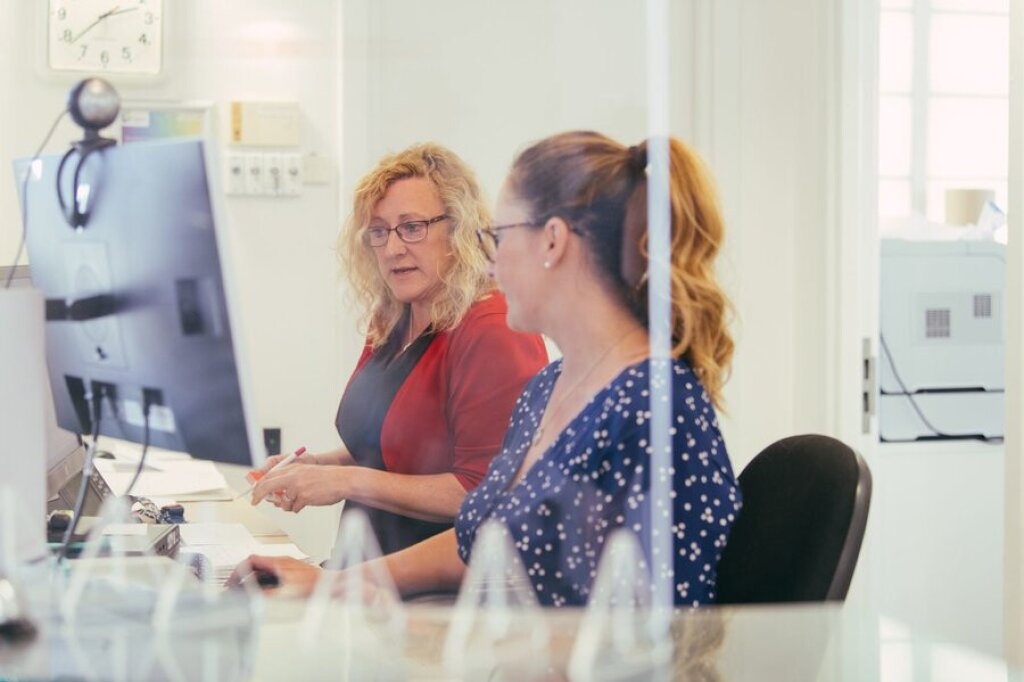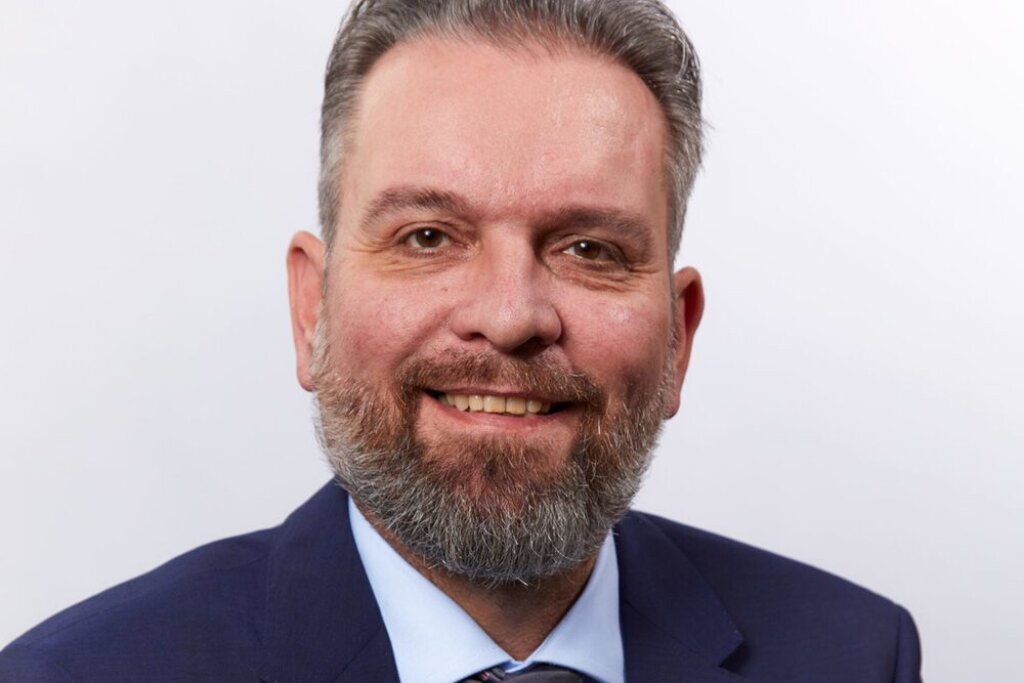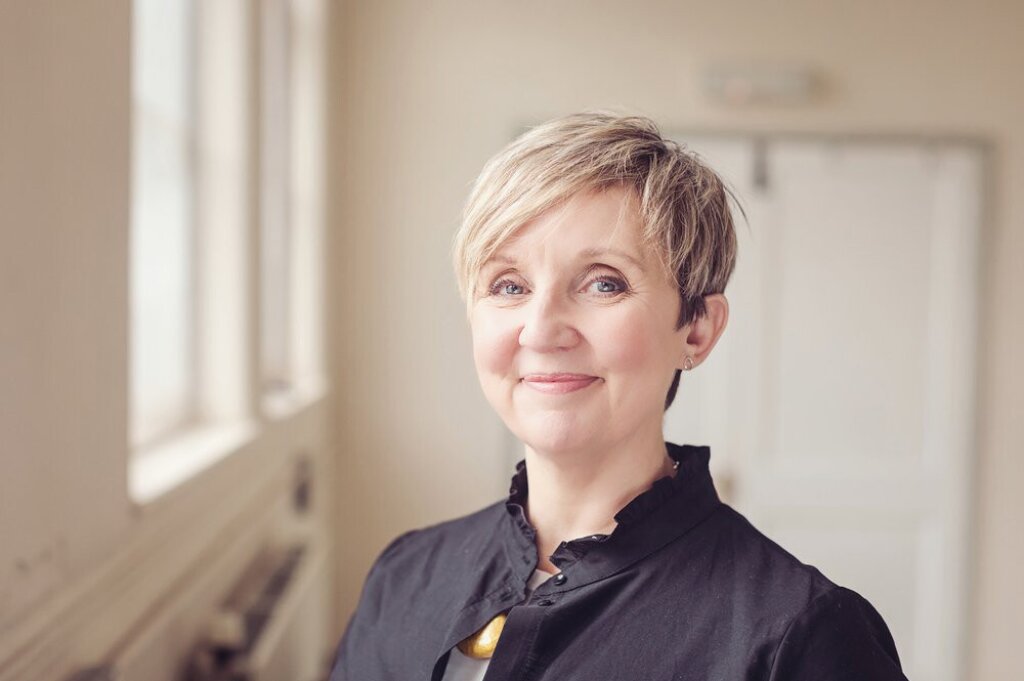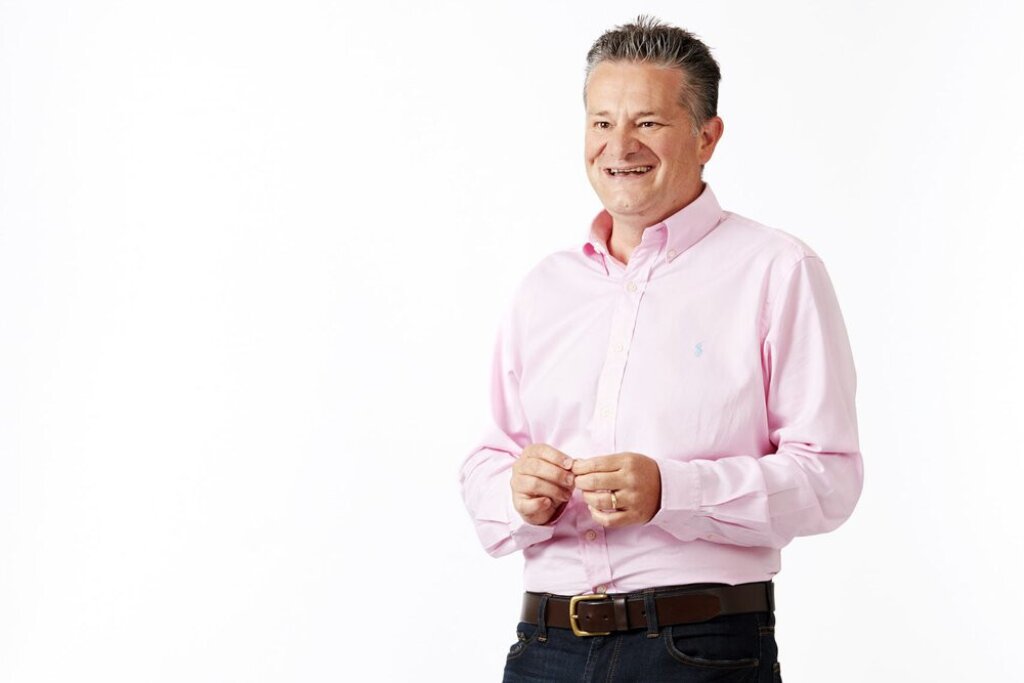The pandemic hit Val Hennessy’s business hard. With her husband, she runs International House, a language school in Bristol that she set up over 30 years ago.
“In the first lockdown we moved our teaching online, but not everyone wanted that. So we had to pay hundreds of thousands of pounds in refunds,” she said. “We continued to run some courses online, but we were strapped for cash. We kept paying into staff pensions, though we had to make some people redundant and furlough others, and we owed a contractor who was refurbishing one of our buildings £160,000. At one point we had just £230, and massive debts.”
Val prioritised payments to their small suppliers, suspended payments to directors and into their pensions, and re-mortgaged their house to cover some of their debt. Val’s husband, 18 year-old son and two of his friends completed the refurbishment of the building.
Helped by an extremely supportive bank manager, Val found the debt side of the business relatively easy to cope with. But the staff side of the equation was more problematic. “The full-time staff took a hit, which understandably created bad feeling,” she said.
“My initial reaction to coronavirus was ‘we have to get through it’,” recalled Val. “But there were points in 2021 when I thought ‘why am I doing this?’.”
So when the opportunity arose to get an advisory board, she seized it with both hands.
Seeking another perspective
“I was looking for another perspective,” she said. “I make most of the decisions in the business, and I make them quickly. I’m used to that, and comfortable with it. But when the pandemic hit, we were in the realms of the unknown, and I had an uncomfortable feeling that I might be missing things. I felt that having to explain myself to people who knew nothing about the business might make me reflect differently on what I was doing.”
In fact, the board’s biggest contribution was to validate what Val had been doing.
“Not everything has gone right, but I felt reassured that at least these very experienced people would have done the same things. I felt confident that I’d been making the right decisions, at the right time, according to the circumstances we’re in,” she said.
The board have suggested new avenues to explore, and though some have led to dead ends, Val hopes others may still bear fruit.
“We need to consolidate and recover, but once we are in a more stable economic situation we will be able to capitalise on plans to enter new markets. These plans have already won some match-funding support from the Department for International Trade,” she said.
For now, they are continuing to pay down their debts – including to HMRC, and a Bounce Back loan – but they have also recruited some new staff, and are getting back to business as usual.
“I make most of the decisions in the business, and I make them quickly. But when the pandemic hit, we were in the realms of the unknown, and I had an uncomfortable feeling that I might be missing things.”
Val Hennessy, director of International House – SME board participant
Sharing hopes and fears
Val said she would definitely recommend a Be the Business board to other businesses.
“Running a small business can be lonely and you can sometimes feel isolated. Having the board meant that I knew there were people I could connect with, talk things through with and get impartial advice from. Everybody needs to be able to bounce ideas against a good sounding board and this is the perfect way to do that. Having a place where you can share your worries and fears as well as your hopes and dreams is invaluable.”
She concluded: “I’m feeling more positive than I might have been if I had been left to my own devices. The board’s belief in me and what I am trying to achieve has strengthened my resolve. I also have a new appreciation of just how resilient my team and I are.”
Headline takeaways
The value of an additional support system
As Val explained, the board kept her feeling positive during difficult times.
Boards can validate your decisions
The board’s biggest contribution for Val was to validate that she was on the right track.



